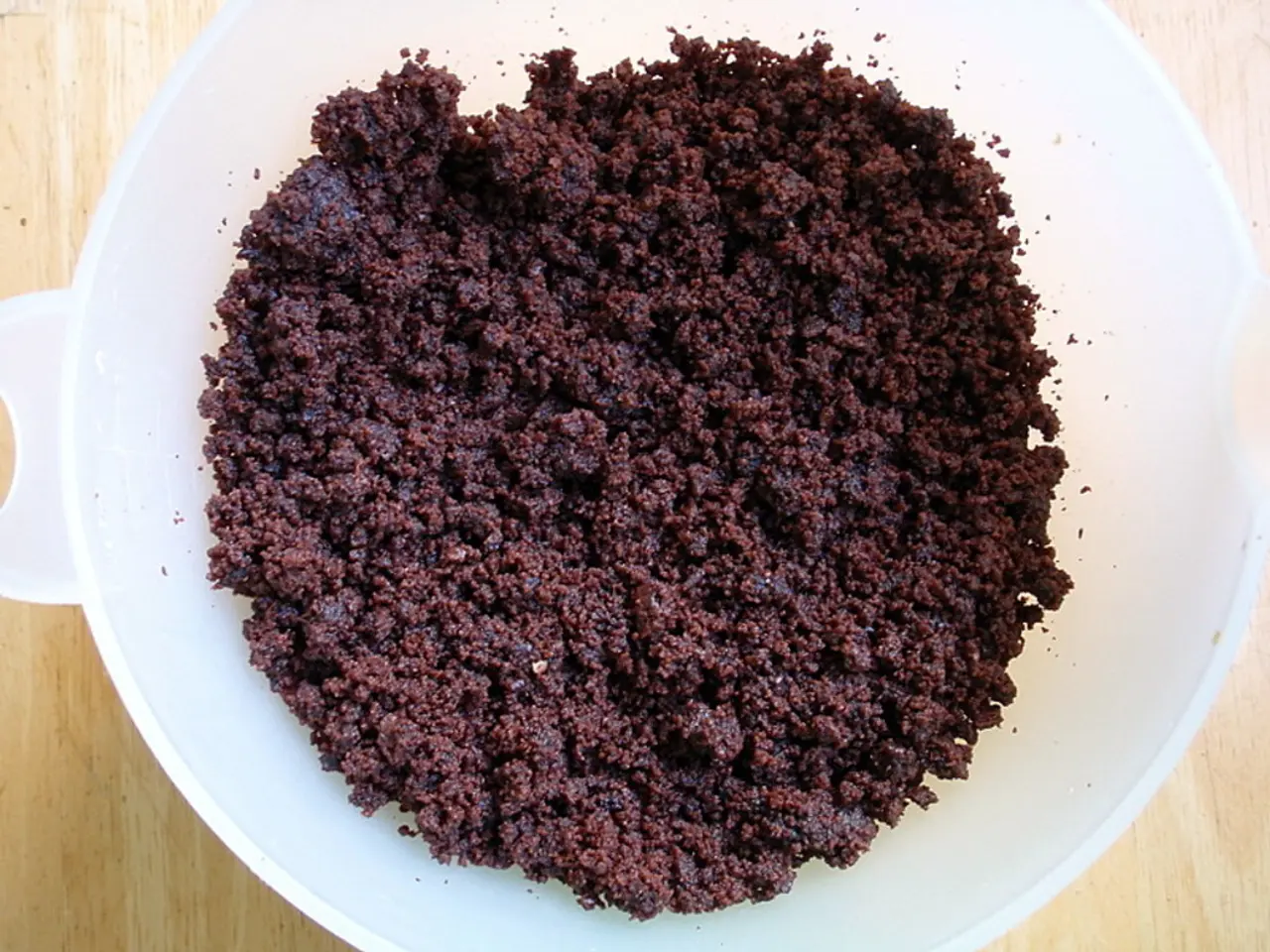Analyzing an itchy anus for signs of cancer: Symptoms and possible causes explored
An itchy anus can be a bothersome and uncomfortable condition, but it is often caused by benign, treatable conditions. In this article, we will discuss the common causes of an itchy anus and how these differ from the symptoms of anal cancer.
Common Causes of an Itchy Anus
Hemorrhoids, anal fissures, skin conditions, sexually transmitted infections (STIs), infections by pathogens, hygiene issues, and systemic conditions like diabetes can all contribute to an itchy anus.
Hemorrhoids
Swollen veins near the anus, known as hemorrhoids, can cause itching, pain, and sometimes bleeding. They are a common cause of rectal bleeding and itchiness.
Anal Fissures
Anal fissures are small tears in the skin around the anus. They can cause itching, bleeding, and pain during bowel movements.
Skin Conditions
Skin conditions such as eczema or psoriasis can cause dry, irritated patches that itch and burn. In the case of eczema around the anus, known as perianal dermatitis, it can also cause itchiness and dry skin.
Sexually Transmitted Infections (STIs)
Infections like anal herpes, HPV (anal warts), chlamydia, gonorrhea, and syphilis can cause itching and burning.
Infections by Pathogens
Infections such as candida (yeast infections), pinworms, and other bacterial infections can also cause anal itchiness.
Hygiene Issues
Either poor hygiene leading to irritation from prolonged feces contact or over-cleaning causing skin barrier damage that results in itching can also be a cause.
Diabetes and Other Systemic Conditions
Diabetes and other systemic conditions can also contribute to anal itching.
Differentiating Anal Cancer Symptoms
Anal cancer symptoms often include a lump or mass near the anus, bleeding that is more persistent and not just associated with bowel movements, pain, an ulcer or sore that does not heal, and sometimes a change in bowel habits.
While itching may occur with anal cancer, it is typically accompanied by other more serious signs like a palpable lump, persistent bleeding, and pain rather than just isolated itching. Anal cancer is usually less associated with transient or intermittent itching and more with progressive symptoms and physical changes around the anus.
HPV infection, a cause of some anal warts and STIs, is also a risk factor for anal cancer. However, cancer symptoms generally involve more noticeable tissue changes rather than only itching.
If itching is persistent and/or accompanied by lumps or bleeding, medical evaluation is important for further diagnosis. People who experience an itchy anus frequently or persistently should speak with a doctor as soon as they can.
In short, an itchy anus is commonly caused by benign, often reversible conditions like hemorrhoids, infections, skin irritation, and hygiene habits. Anal cancer symptoms include persistent lumps, bleeding, and ulceration, often accompanied by pain and changes in bowel habits, beyond just itching.
References:
- Mayo Clinic
- WebMD
- Healthline
- Cancer Research UK
- American Cancer Society
Read also:
- Exploring Botox as a Treatment for Interstitial Cystitis: Insights, Adverse Effects, and Further Details
- Linking brain weakness and cognitive decline: An examination of the potential relationship
- Is it Possible that Stem Cells Improve Joint Durability and Mobility during Senior Years?
- Is a Measles Booster Vaccination Required? You Might Be Shocked by the Response





